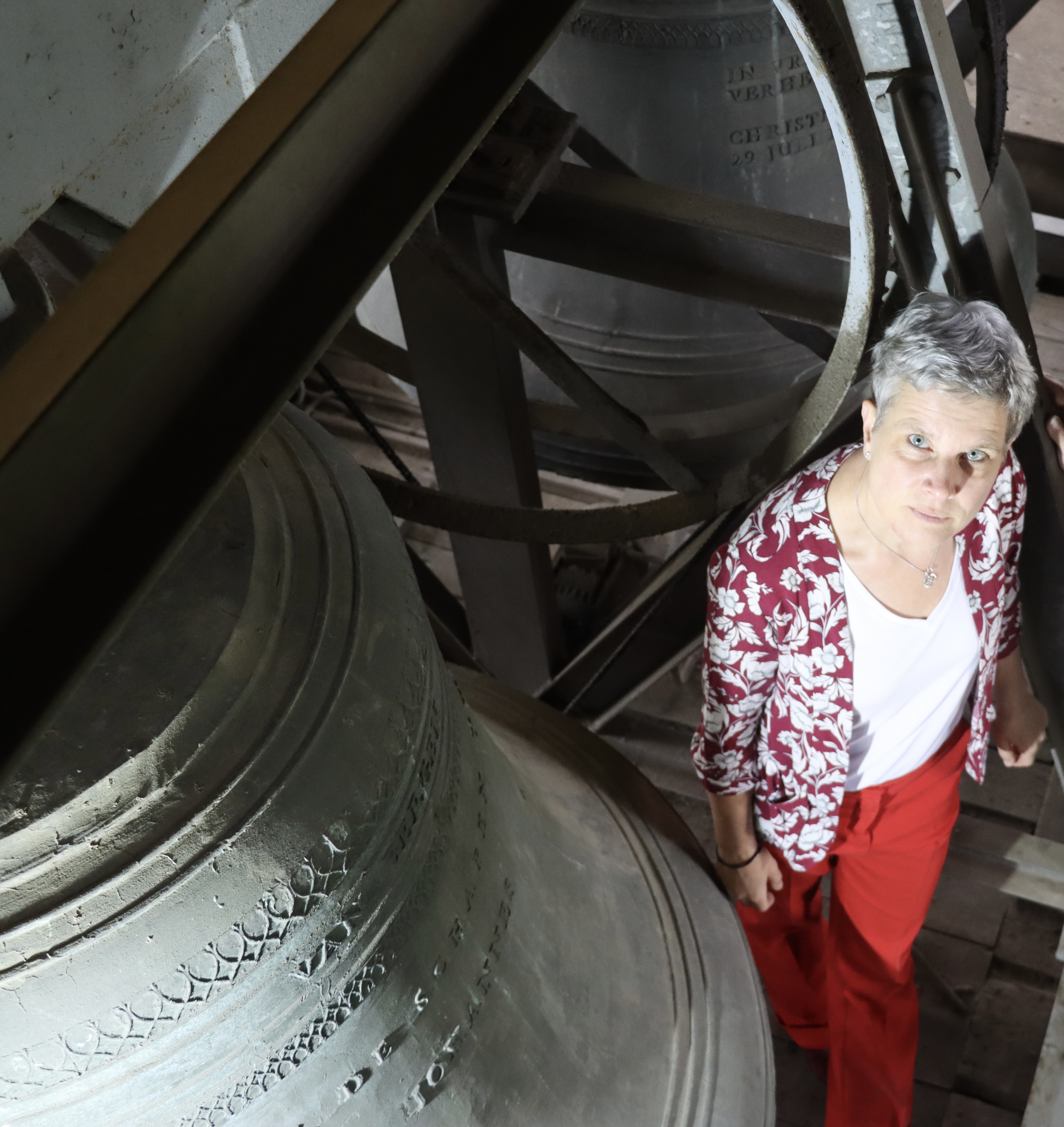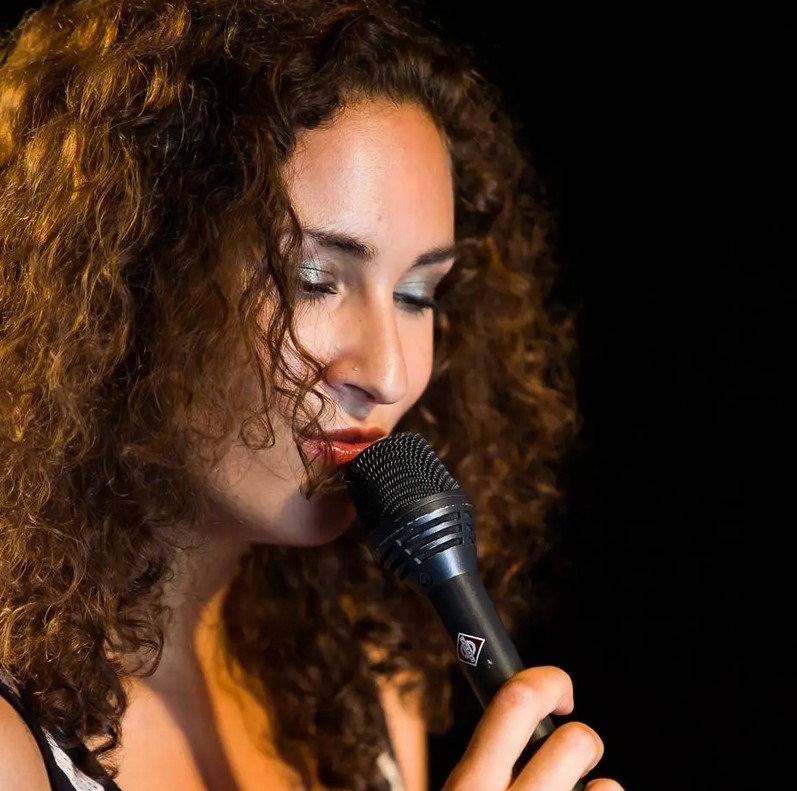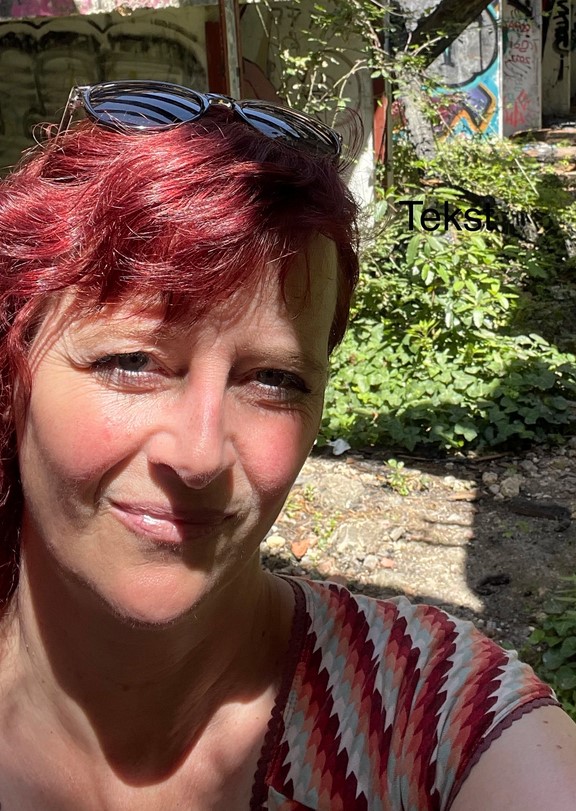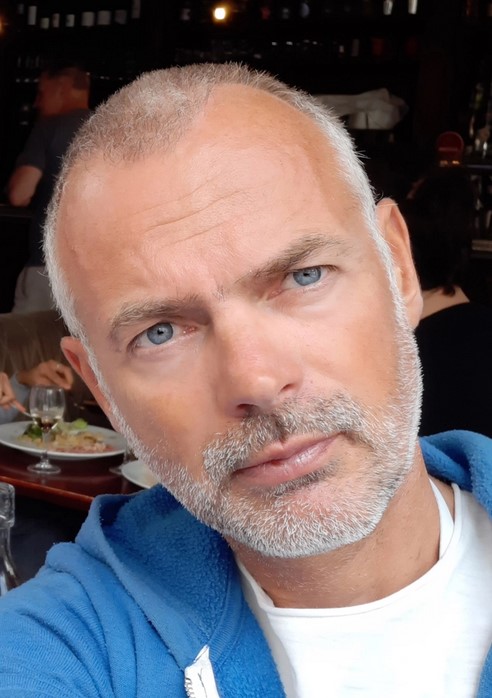Education innovation voucher
Would you like to expand your entrepreneurship education within our program but lack the time, skills, or collaborators to do so? Apply for an educational innovation voucher worth up to 8,000. In the 2025/2026 academic year, the ArtEZ Business Centre (ABC) will again offer vouchers to support curriculum innovations and help you grow as a teacher.

The voucher is designed to implement sustainable innovations and to integrate entrepreneurship education into the program structurally. For example, you could professionalize and deepen your teaching practice in entrepreneurship education or embed entrepreneurial competencies into the curriculum. Funding is available for your hours, travel expenses, and support from the ABC to invest in educational innovation.
Benefits
What does the educational innovation voucher offer you as a teacher?
- Professional development and deepening of your teaching practice in entrepreneurship education;
- Embedding entrepreneurial competencies into the curriculum;
- Helping your students graduate with better control over their future as independent artists.
Criteria
If you would like to apply for an educational innovation voucher, the following criteria apply:
- You are interested in learning or exploring new teaching methods and/or tools related to entrepreneurship education;
- You are open to reflecting on your teaching methodology;
- You are available within your workload for the 2025-2026 academic year to implement the innovation voucher, or there is an option for temporarily expanding your contract;
- The program has a module/project or course where entrepreneurship education (broadly interpreted) can be integrated (see examples below);
- The educational innovation aims to integrate entrepreneurship education into the curriculum sustainably;
- Knowledge and results from the innovation process will be shared within the Community of Cultural Entrepreneurship at the ABC.
Apply
If you need more information or want to know if your program is eligible, contact Jessica de Jaeger at j.dejaeger@artez.nl. You can also register for one of the online sessions (listed below), where you can receive help in developing and refining your idea. Just email Jessica to sign up. The deadline for submitting an application is March 25th.
- Friday, February 14, 12:30 - 14:00
Eight vouchers in 2024
For the 2024/2025 academic year, the following teachers received a voucher:
Esther Schopman (Master's Program in Music)
Researcher and teacher Esther Schopman will use the educational innovation voucher to create the Sound City project environment for the master's music programs. Through music and sound art, this environment contributes to a healthy, inclusive, safe, and sustainable society. Sound City allows students to collaborate with social organizations and create valuable artistic projects through artistic research that benefit society. Examples include the performance Far from My Bed, which uses music and sound to highlight global conflict situations differently from media portrayals, and the album Behind Closed Doors, which uses music to reflect the work pressure in home and informal care.
Sound and music artists research and communicate differently than (social) scientists or the media, providing audiences with new, sometimes surprising perspectives on social issues. Collaboration between master's students in music and social organizations results in independent music and sound art that can have a powerful impact on audiences and may even lead to tangible improvements or changes in social practices.
Three pilot projects will be executed and evaluated within the master's music programs in the 2024/2025 academic year.

Zosja El Rhazi (Jazz & Pop Zwolle)
Zosja plans to use the voucher to strengthen the connection between the modules Profiling, Entrepreneurship, and Band Coaching within Zwolle's Jazz & Pop program, allowing students to gain the necessary practical experience. This is crucial as fear often hinders students from expressing their learning in class. To organize a career, confidence is needed, and assertiveness is key. Students can practice in a safe environment by incorporating stage awareness into the curriculum.

Marjolein Vogels and Eilit Marom (Dance Artist)
The Development Track offers fourth-year Dance Artist students a tailored plan to help them develop into freelance dance artists. The students are mentored by Marjolein and Eilit and focus on those who prefer to design their own company rather than intern with a dance company. Part of the Development Track involves creating an artistic project expressing the student's signature. Students also learn which tools can help them connect with relevant partners and audiences. This is paired with research by Marjolein and Eilit into the current freelance dance scene. The idea is to share insights and data through Leerpodium so students can benefit when launching their freelance careers.
The primary goal is to ease the transition from school to work for freelance dance artists.
Karin Gerfen and Eef Veldkamp (DBKV Zwolle)
The Werkplaats Ondernemerschap (Entrepreneurship Workshop) is being developed into a full-fledged course within the Docent Beeldende Kunst en Vormgeving (Teacher in Visual Arts and Design) curriculum in Zwolle. To make informed decisions about this course, Eef and Karin are gathering insights from previous experiences with entrepreneurship education. They are examining the skills students gain implicitly, often through projects. This helps them understand what works, what doesn't, and where further development is needed.
The teaching duo uses the EntreComp model to identify gaps in entrepreneurship education. The voucher will primarily give Werkplaats Ondernemerschap the best possible start.

Bas Jansen (Minor Creating Creativity)
The Creating Creativity minor focuses on stimulating creativity and learning to facilitate creative processes. Examples from the program include practising pitch and presentation skills, networking, and workshop design. Bas Jansen plans to use the voucher to support students in practising entrepreneurial skills further, expanding the current collaboration offer with at least four organizations, exploring potential partnerships with Dutch Design Week, and integrating tools like the EntreComp questionnaire and the Workshop Grip on Your Future into the curriculum. The aim is also to explore how actors or role-playing can be used to practice conversations. An alumni policy will also be developed to support entrepreneurship during and after the minor.
Holger Mührmann (Interior Designer AD)
Creating Interfaces is an educational innovation project where Interior Designer AD students are encouraged to develop an entrepreneurial mindset from day one of their studies. This is not a "one-size-fits-all" program but an ongoing process where each student creates their own program using internal and external expertise. Students work with the fundamental question: What do you need to make yourself visible professionally as an entrepreneurial interior designer? They also answer the question: What platforms and tools exist, and which will you choose to present and market your (future) expertise?

Roos Krootjes (Interior Architecture)
In the Interior Architecture bachelor program, there is a desire to support students in dealing with the uncertainty, ambiguity, and risks they face during and after graduation. The voucher will start a pilot with a buddy system, where alumni are paired with students. Roos aims to investigate whether a buddy system can help students take the lead in developing entrepreneurial skills early on, guiding them in seeking relevant information both within and outside the curriculum.
Chet Bugter, Lenn Cox, and Julia Berg (Master Critical Fashion Practices)
It has been found that many existing entrepreneurship methods and models in the creative sector do not align with the vision of the Master in Critical Fashion Design and often cause confusion and discomfort among participants. The master's program explores alternative, non-industrial approaches to creating and experiencing fashion and clothing. Therefore, the innovation voucher will be used to explore how the program relates to entrepreneurship.
The goal is to define an entrepreneurship education approach that aligns with a critical stance on the fashion discipline and industry, providing participants with a realistic view of the professional field.